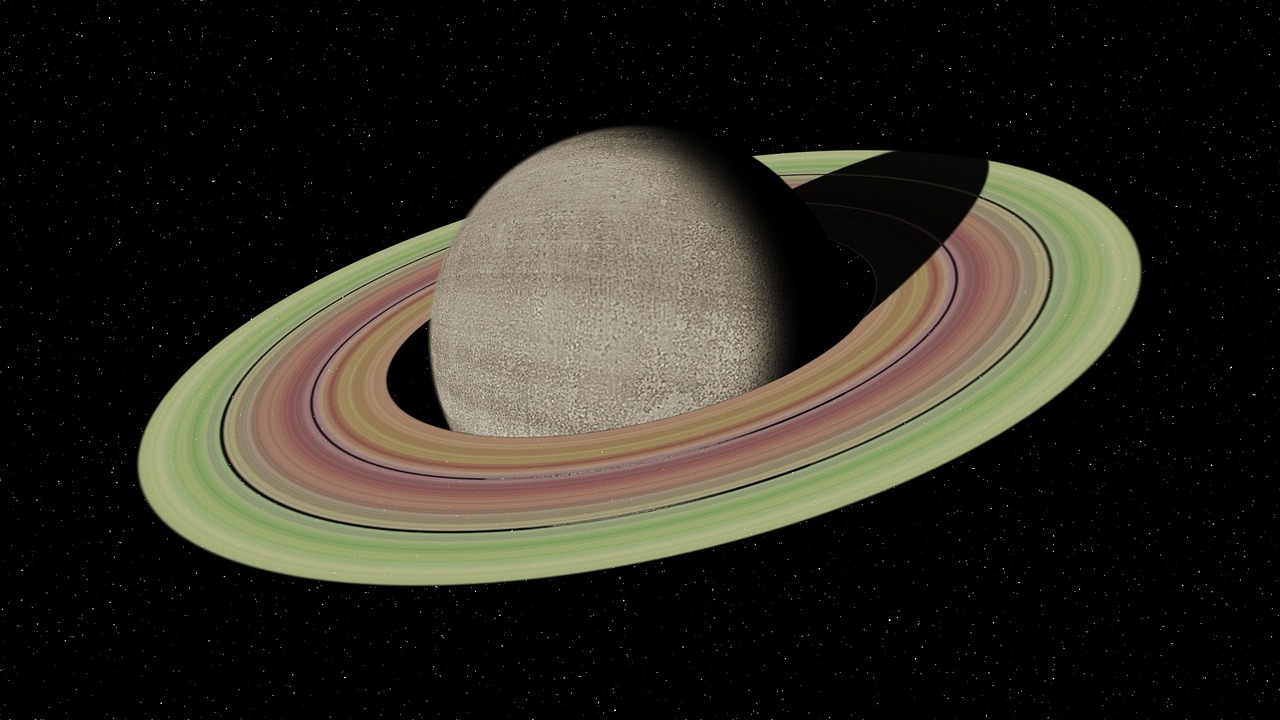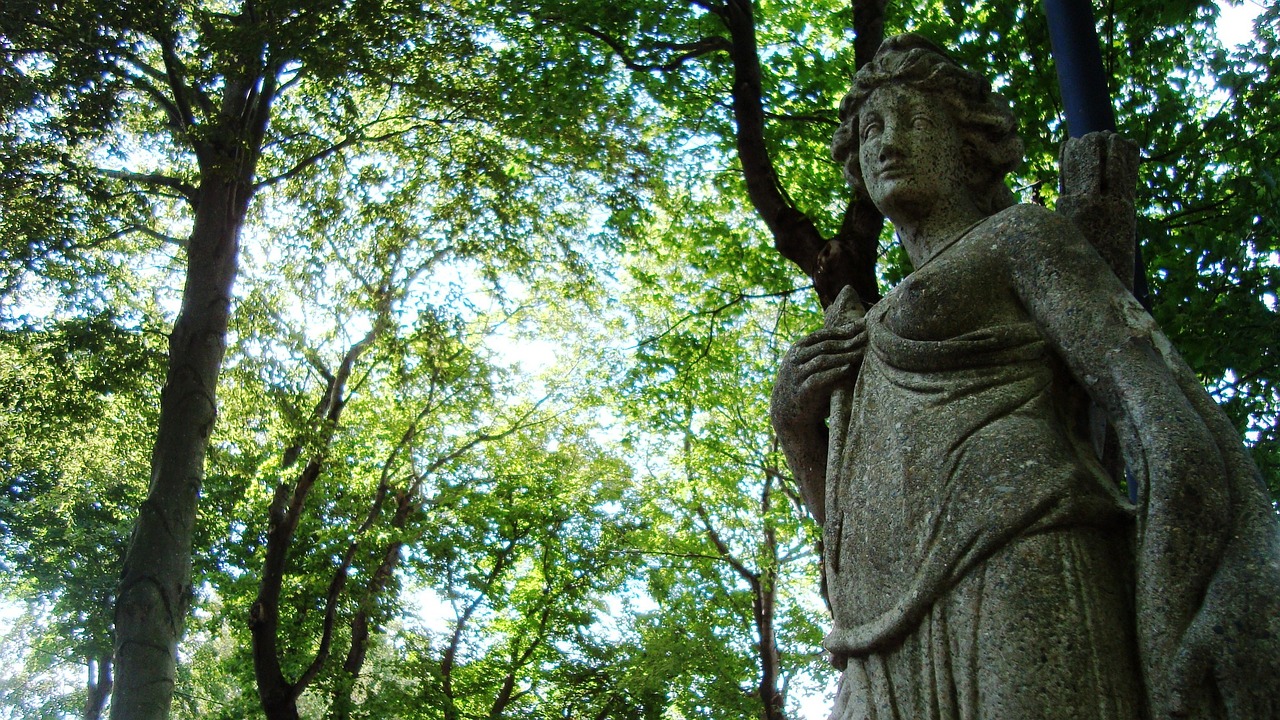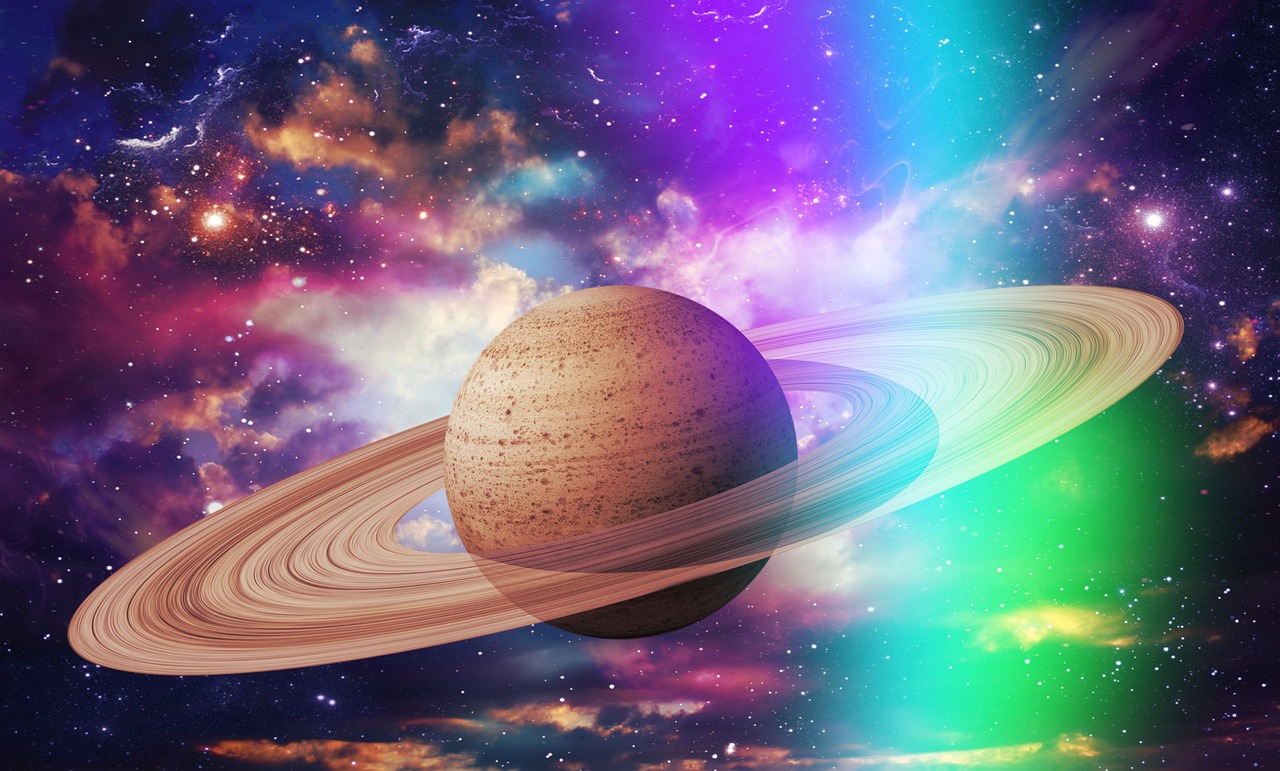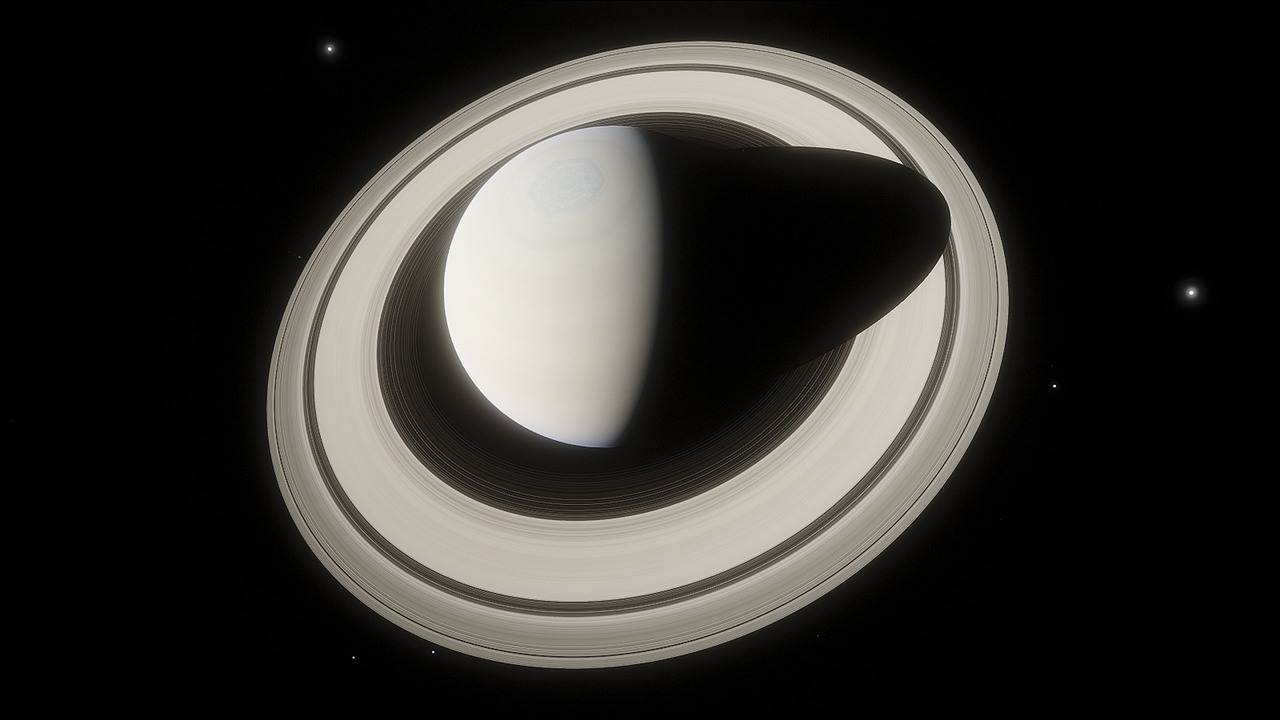Tag: Saturn
-
Saturn, known in Roman mythology as Saturnus, bears similarities to his Greek counterpart, Cronus. Often illustrated in art with a scythe in hand, he is recognized primarily as a deity of agriculture, particularly in relation to seed corn. The Saturnalia festival, a major event in the Roman calendar named in his honor, underscored his significance,…
-
In Roman mythology, Saturn is a prominent deity linked to agriculture, wealth, and the concept of time. Often depicted as a venerable man with a long beard, wielding a sickle, Saturn is intricately connected to the ideal of the “Golden Age,” a legendary era characterized by tranquility and abundance. Saturn’s counterpart in Greek mythology is…
-
Overview Cronus, a significant figure in Greek mythology, served as the second ruler of the cosmos and belonged to the Titans. Renowned for his tyranny, he overthrew his father Uranus and sired the first generation of Olympian deities, including Demeter, Hades, Hera, Hestia, Poseidon, and Zeus. Driven by an insatiable thirst for dominance, Cronus eventually…
-
Understanding Saturn in Roman Mythology In Roman mythology, Saturn stands out as a deity linked deeply with agriculture, wealth, and the concept of time. Traditionally portrayed as a venerable figure with a long beard, often equipped with a sickle or scythe, Saturn embodies the notion of the “Golden Age,” a legendary era marked by prosperity…
-
Saturn: The Agricultural God of Rome Saturn, known in Roman mythology as Saturnus, shares a narrative similar to that of Cronus from Greek lore. Often portrayed in artwork brandishing a scythe, he is primarily recognized as a deity of agriculture, particularly associated with seed-corn. One of the key highlights in the Roman calendar was the…





